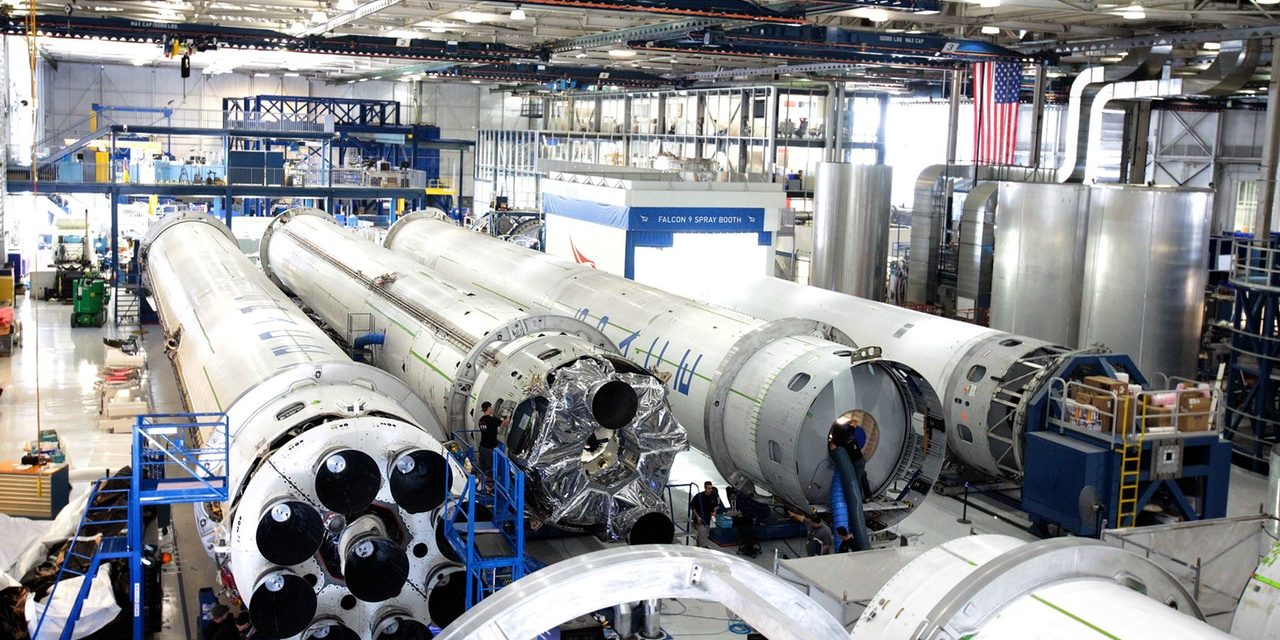By reducing the percentage of carbon relative to the base type 1.4301, these qualities, as well as the type 1.4541 in a welded state, are not sensitive to intercrystalline corrosion. The quality 1.4306 has more Ni than the quality 1.4307. However, prolonged use above about 450° C must be avoided because, in such applications, grain boundary carbides can still be produced with all detrimental effects.
The advantage of reducing the percentage of carbon relative to the addition of titanium is that neither the deformability nor the polymerizability are adversely affected. This quality has substantially the same characteristics as mentioned in quality 1.4301: good deformability, good polishability, good corrosion resistance and good toughness properties at very low temperatures. The versatility of this quality is also moderate to poor. Applications include food and dairy industry, architecture and household appliances.
Solubility: weldable with all common welding methods
Additives: Heat treatments
Heat Shrinkage: 1150 – 850° C (cool in air)
Solvent: 1000 – 1080° C (cooling in water or compressed air)
Structure after quenching: austenite

